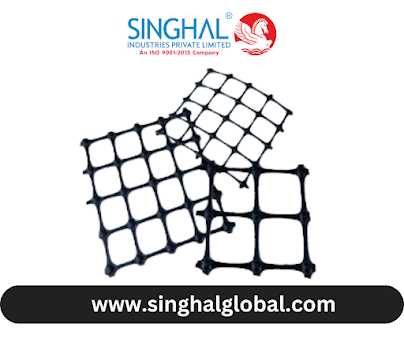Understanding TPU Film: A Comprehensive Guide
In the realm of materials science, TPU Film Manufacturers in India stands out as a versatile and innovative solution with a wide range of applications. Whether you're in the manufacturing, healthcare, or consumer electronics industry, understanding TPU film and its uses can significantly enhance product design and performance. In this article, we delve into the intricacies of TPU film, exploring its composition, properties, applications, and frequently asked questions to provide you with a comprehensive understanding of this remarkable material.
What is TPU Film?
TPU, or thermoplastic polyurethane, is a type of polymer known for its exceptional elasticity, transparency, and resistance to oil, grease, and abrasion. TPU film is a thin, flexible sheet made from this polymer through a process called extrusion. It boasts a unique combination of properties that make it ideal for various industrial and consumer applications.
Composition and Properties
TPU Film Manufacturers is typically composed of a long chain of alternating flexible segments (polyol) and rigid segments (diisocyanate). This molecular structure imparts several key properties to TPU film:
Flexibility: TPU film exhibits outstanding flexibility, allowing it to conform to complex shapes and withstand repeated bending without cracking or losing its integrity.
Strength: Despite its flexibility, TPU film is remarkably strong and tear-resistant, making it suitable for demanding applications where durability is essential.
Transparency: TPU film can be manufactured with high optical clarity, making it an excellent choice for applications requiring see-through or translucent materials.
Chemical Resistance: TPU film is resistant to a wide range of chemicals, oils, and solvents, ensuring long-term performance in harsh environments.
Weather Resistance: TPU film maintains its properties over a broad temperature range, from -40°C to 120°C, making it suitable for outdoor applications exposed to extreme weather conditions.
Applications of TPU Film
The versatility of TPU Film Manufacturer lends itself to diverse applications across various industries. Some common uses include:
Textile Coating: TPU film is often used to coat textiles, enhancing their waterproofing, breathability, and durability. It is commonly found in outdoor apparel, sportswear, and protective gear.
Membrane Switches: The exceptional flexibility and durability of TPU film make it an ideal material for membrane switches in electronic devices such as keyboards, remote controls, and touch panels.
Medical Films: In the healthcare industry, TPU film is used to manufacture medical devices, including wound dressings, surgical drapes, and catheters, due to its biocompatibility and resistance to sterilization methods.
Flexible Packaging: TPU film is increasingly being used in flexible packaging applications, such as pouches and bags, thanks to its excellent barrier properties and sealability.
Automotive Interiors: TPU film is utilized in automotive interiors for seat covers, armrests, and door panels, where its soft touch, abrasion resistance, and low emissions are highly valued.
Conclusion
TPU film is a remarkable material with a wide range of applications across numerous industries. Its unique combination of flexibility, strength, transparency, and chemical resistance makes it an attractive choice for manufacturers seeking innovative solutions for their products. By understanding the composition, properties, and applications of TPU film, you can harness its full potential to enhance the performance and durability of your designs.
Frequently Asked Questions (FAQs)
Q1: Is TPU film recyclable?
A1: Yes, TPU film is recyclable, although the availability of recycling facilities may vary depending on your location. Some manufacturers offer recycling programs for TPU materials to promote sustainability and reduce environmental impact.
Q2: Can TPU film be welded or bonded?
A2: Yes, TPU film can be welded or bonded using various techniques such as heat sealing, ultrasonic welding, or adhesive bonding. These methods allow for the assembly of TPU components without compromising their integrity.
Q3: What factors should I consider when selecting TPU film for my application?
A3: When choosing TPU film for your application, consider factors such as desired flexibility, strength, transparency, chemical resistance, and weather resistance. Additionally, evaluate any regulatory requirements or industry standards that may apply to your specific application.

.png)
Comments
Post a Comment